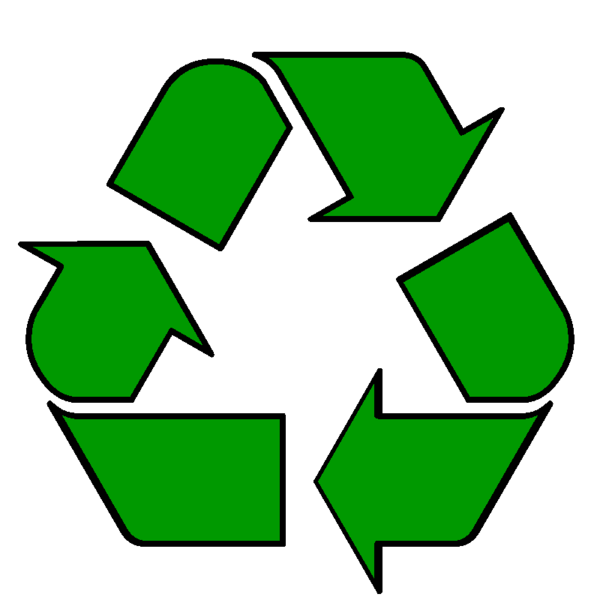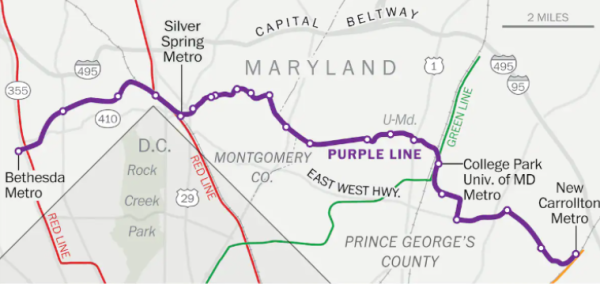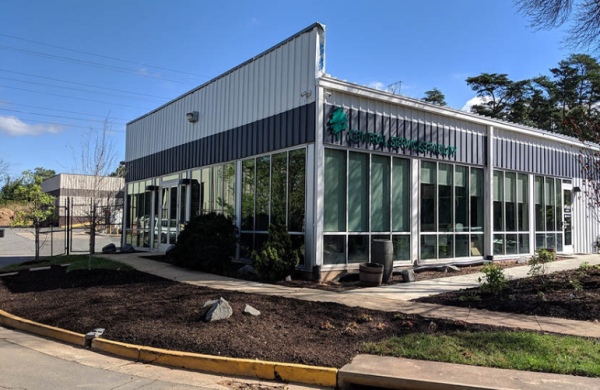Do our recyclables actually get recycled?

Photo of the recycling symbol, photo courtesy of https://upload.wikimedia.org/wikipedia/commons/7/7e/RecyclingSymbolGreen.png
In recent years, there has been a big push to recycle materials instead of tossing them in the trash can. However, soon after the momentary self pride for putting the full recycling bin on the curb, the doubt sinks in, and one question remains: Do the things we recycle actually get recycled? The answer to this question is both yes and no. On one hand, a majority of the materials that are recycled do make it to facilities for repurposing. This said, there are quite a bit of items that find their way to the landfills. In order to reduce the energy used to sort through the “non-recyclable” items, there are a couple steps to keep in mind before putting something in the recycling bin.
When recyclables are sent to recycling facilities, they are sorted into different categories based on material and usability. In order to be repurposed, the materials must meet certain standards. For example, shredded paper, while still paper, is not recyclable. This is because the strips are too small to be read by the machinery sorting the materials. It only complicates the process, so if it doesn’t seem to make sense to recycle it, don’t. In order to increase the likelihood of items being recycled, make sure they are in an appropriate condition. The cleaner and more untainted they are, the higher their chances are of being reused.
Another aspect of recycling that people often overlook is the definition of “ recyclable”. This is different for various companies and locations, so be sure to check out the website of the appropriate recycling company. There are numerous items often found in recycling bins that are, in fact, destined to be dumped in a landfill. For example, while plastic water bottles are recyclable, bottle tops are not considered recyclable, since they interfere with the recycling process. Plastic bags can be taken to the local grocery store to be recycled, or feel free to reuse them at home as trash bags. Another surprising groups of items that are not recyclable are paper plates and cups. This is due to a coating on the outside that makes them difficult to recycle. As demonstrated, it is important to be informed about what is or is not helpful to the recycling process. Before mindlessly piling up items to be “recycled”, double check to make sure they will truly be recycled.
Leana Travis is a senior, and it's her fourth and final year on the Sentinel staff. In her spare time, she likes to read and make music. She's thrilled...















